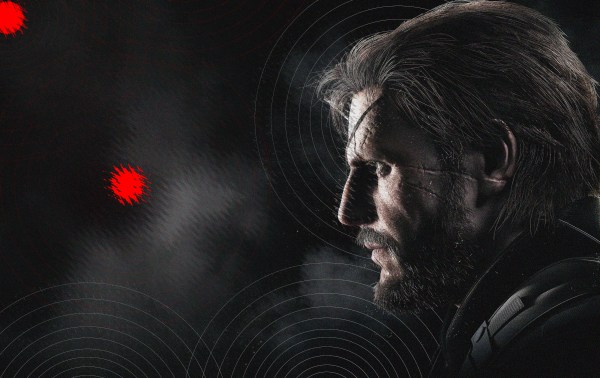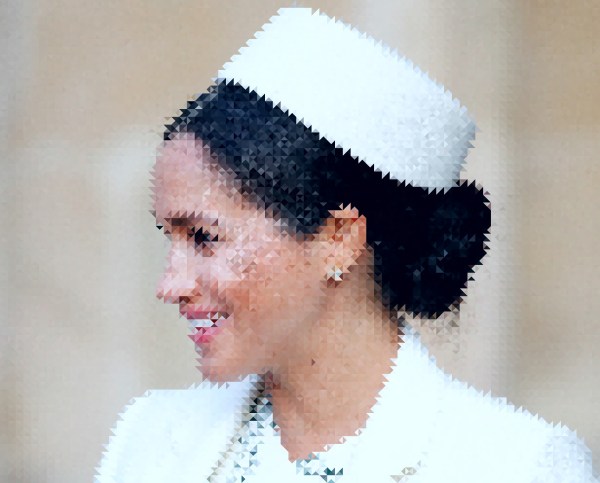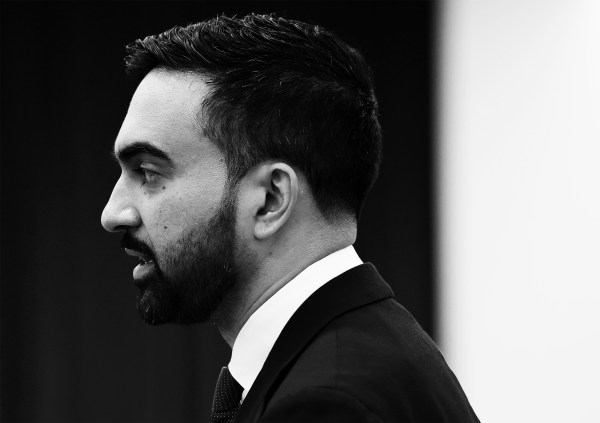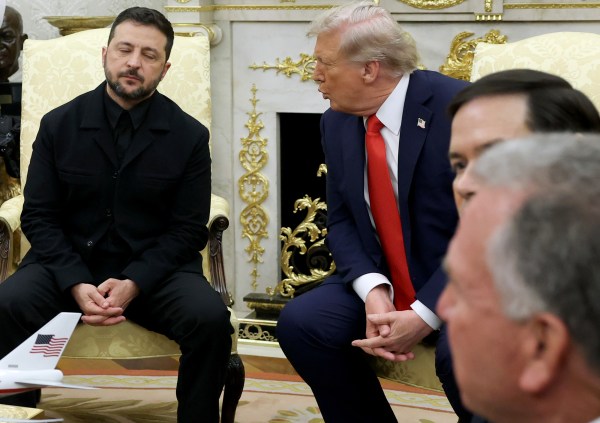“In this landscape, the white American man—unless he’s sufficiently self-flagellating—is obviously screwed.” So wrote the literary critic Alex Perez in 2024 on the state of such men who want to read and write fiction. And he’s not totally wrong: It seems that American men aren’t reading fiction anymore, and there’s some evidence that the male writer is also in trouble. Check literary Substack and you may find exceptions, but maybe one of the reasons young men aren’t exactly flocking to the bookstores is because much of what’s on offer no longer appeals to them.
Indeed, perhaps no character in modern storytelling stands at more of a crossroads than the male protagonist. We could talk about how “wokeness” infiltrated books and culture over the last couple of decades, dethroned the male protagonist, and booted him to the curb. More specifically, though, we could mention how one of the major ways that fiction in particular has changed involves the shift from a more external narrative style to intense interiority. The trend hearkens back to modernism, when writers like James Joyce and Virginia Woolf published odysseys of the psyche instead of physical adventures on the open sea. This is, of course, a generalization; Dante’s The Divine Comedy is written in the first person, and Augustine’s Confessions was one of the first truly introspective works in the modern sense of the term. In short, though, contemporary literature gave rise to internal and personal narrative, sometimes without even an overarching plot. That begs a question: Whose personal experiences and interiority matters, and whose doesn’t?
Beyond simple entertainment, one of the reasons we read books and watch movies is to relate to the personal experiences of the characters. “We read to know we are not alone,” C.S. Lewis’ character in the film Shadowlands says. I agree. We read to identify the struggles, experiences, and hopes common to the human race and come away saying, “Hey, that’s me. I’m not crazy. My situation isn’t beyond redemption.”
But while it’s a reason, it isn’t the only reason. We do indeed consume books and movies to seek out solidarity with the characters, but also because we seem programmed to look for some kind of virtue in action—to try and find characters who model what it looks like to live a good life. I think a lot of men today are simply asking, Who can understand what I’m going through? And who can teach me what it means to be a good man?
Today’s literary and entertainment culture doesn’t necessarily look kindly on men or the male experience. If you check too many unfortunate boxes (white, straight, male, and God forbid, conservative), male writers and artists might find themselves between a rock and a hard place: Depicting their own experience would be dismissed, but discussing the experiences of other groups of people would count as gross bigotry. Others have written about this at much greater length, perhaps most notably Jacob Savage, whose essay “The Vanishing White Male Writer” went viral back in March. Savage was writing primarily about the slow disappearance of male writers, not masculine fictional characters, but his analysis is poignant and relevant:
Unwilling to portray themselves as victims (cringe, politically wrong), or as aggressors (toxic masculinity), unable to assume the authentic voices of others (appropriation), younger white men are no longer capable of describing the world around them. Instead they write genre, they write suffocatingly tight auto-fiction, they write fantastic and utterly terrible period pieces—anything to avoid grappling directly with the complicated nature of their own experience in contemporary America.
The Agonies by Ben Faulkner, which came out in March 2025, does try to depict the modern male experience in the first-person style. Featuring a 19-year-old named Armand, the novel is a deep dive into a troubled Gen Z male psyche. Armand narrates the novel, detailing his struggle for meaning, his contempt for modern life, and his mostly unsuccessful shots at romance. (Other books like Tony Tulathimutte’s Rejection, shortlisted for the National Book Award in 2024 and described by one reviewer as “so cold and lonely you could hang meat in it,” and Incel, self-published in 2023 by the Substack writer ARX-Han, also offer up alienated men as central characters.)
While there is much to appreciate in The Agonies, which gives credence to the struggle of so many young men in America, I’m not sure I’d recommend it to my own son if I had one; The Agonies is narrated so closely through Armand’s tortured consciousness that it reads like a painfully concocted diary. To be fair, this is part of Armand’s struggle: He often doesn’t feel like the world is “real,” or at least not the superficial layer that everyone operates in. But while I deeply sympathized with his character, he isn’t someone young men can aspire to be like. They may relate to him, but they probably shouldn’t want to stay in a situation like his for long. Armand’s own father, interestingly, is emotionally distant in the novel. Armand has no role models. Therefore, it would be difficult to be one himself.
Just because good male role models in contemporary media are scant doesn’t mean young men aren’t looking for guidance elsewhere. It is no secret that millions of Gen Z men find Andrew Tate an attractive figure. Tate, who has been charged with sex trafficking, became an internet sensation by emphasizing physical fitness, dominance, and a stoic outlook on life. Indeed, a lot of young men just seem to want someone to tell them they aren’t inherently bad, and Tate fulfills that desire.
Andrew Tate, of course, is not a positive role model, and parents need to protect their sons (and daughters) against men like him. But we also have to ask ourselves a deeper question: Where else can young men look? Have we stripped away the positive portraits of masculinity from our art, entertainment, and culture? Have we, in the words of C.S. Lewis, “castrated the geldings and bid them be fruitful”? I fear that we have.
But even if that’s true, the cultural canon is replete with examples of good men, even if they’re not modern: Alyosha, from Fyodor Dostoevsky’s The Brothers Karamazov; Atticus Finch from Harper Lee’s To Kill a Mockingbird; Aragorn from J.R.R. Tolkien’s The Lord of the Rings; Samuel from John Steinbeck’s East of Eden, and so many more. Many movies and TV shows, from Spider-Man to Casablanca, offer portraits of the virtuous man who lays down his life for others. We have no shortage of source material. We just have to remember to look—and teach ourselves, and boys, how to pay attention.
Maybe contemporary media isn’t exactly a gold mine for young men, but the past is a house of treasures. Sometimes guys just need to sit around and watch Jack Aubrey do his thing in Master and Commander or read about Aragorn’s faithful love for Arwen in The Lord of the Rings. Then, they might realize that life isn’t drudgery—it’s an adventure. Something, or someone, is still calling them out to open seas.









Please note that we at The Dispatch hold ourselves, our work, and our commenters to a higher standard than other places on the internet. We welcome comments that foster genuine debate or discussion—including comments critical of us or our work—but responses that include ad hominem attacks on fellow Dispatch members or are intended to stoke fear and anger may be moderated.
With your membership, you only have the ability to comment on The Morning Dispatch articles. Consider upgrading to join the conversation everywhere.